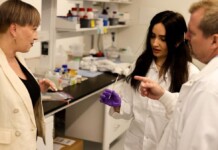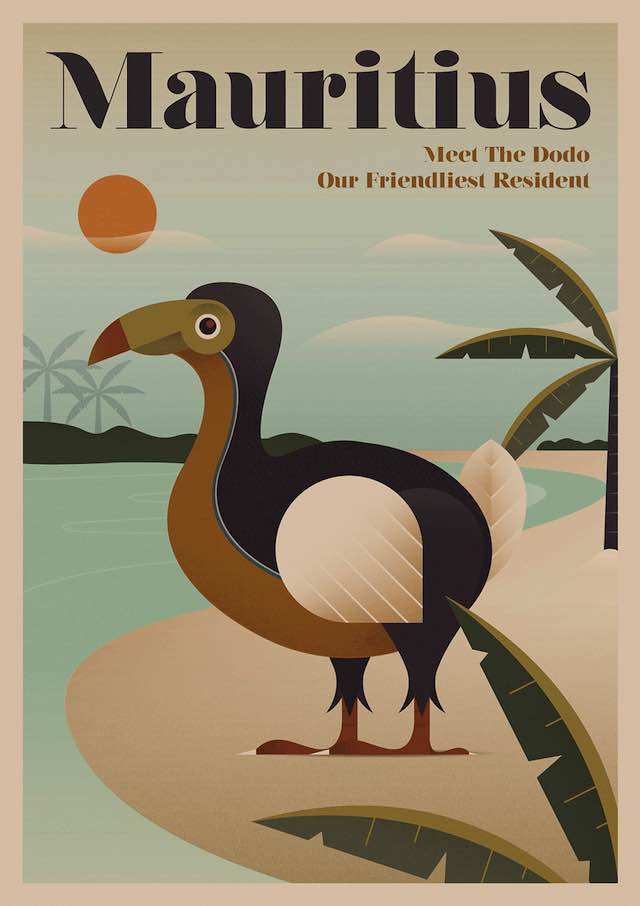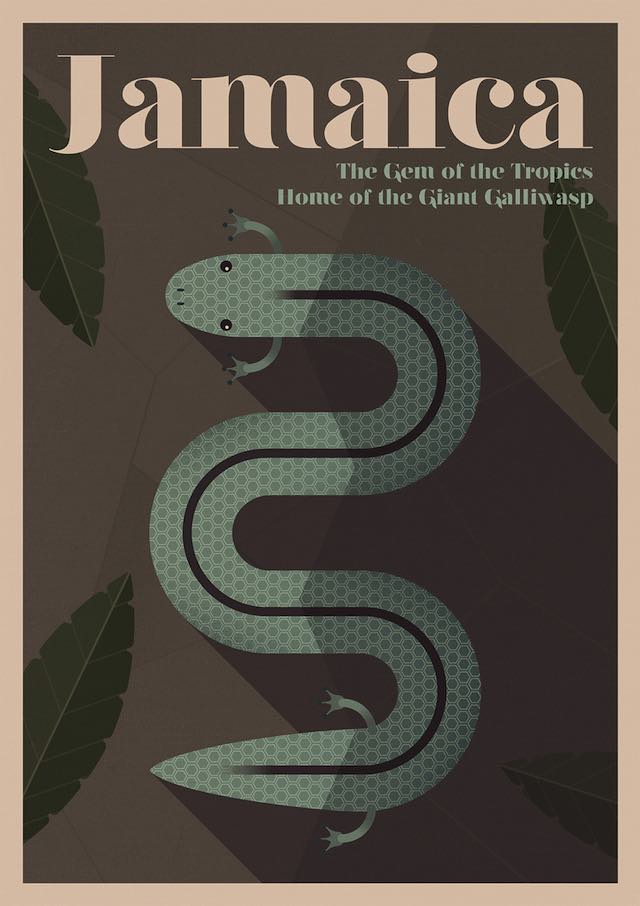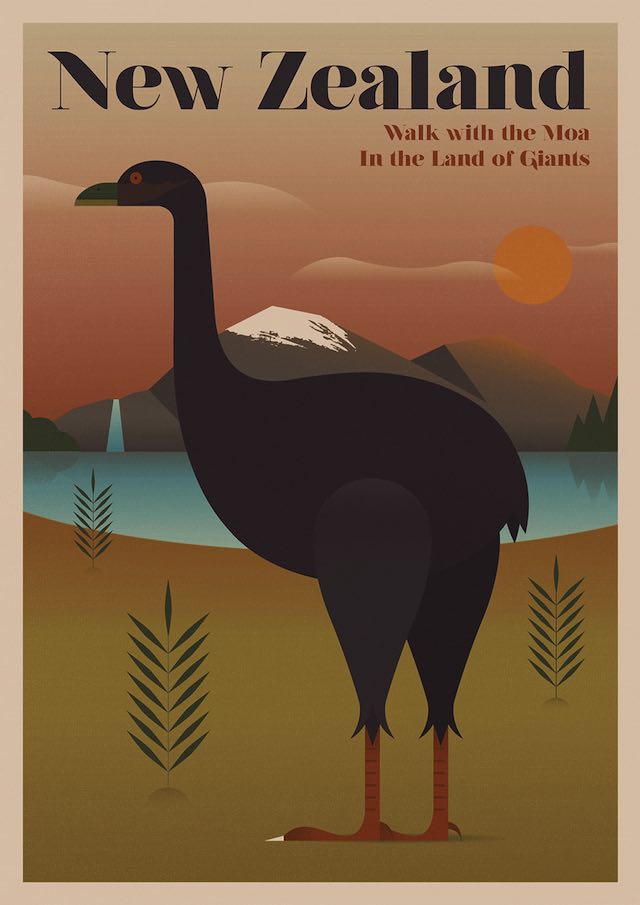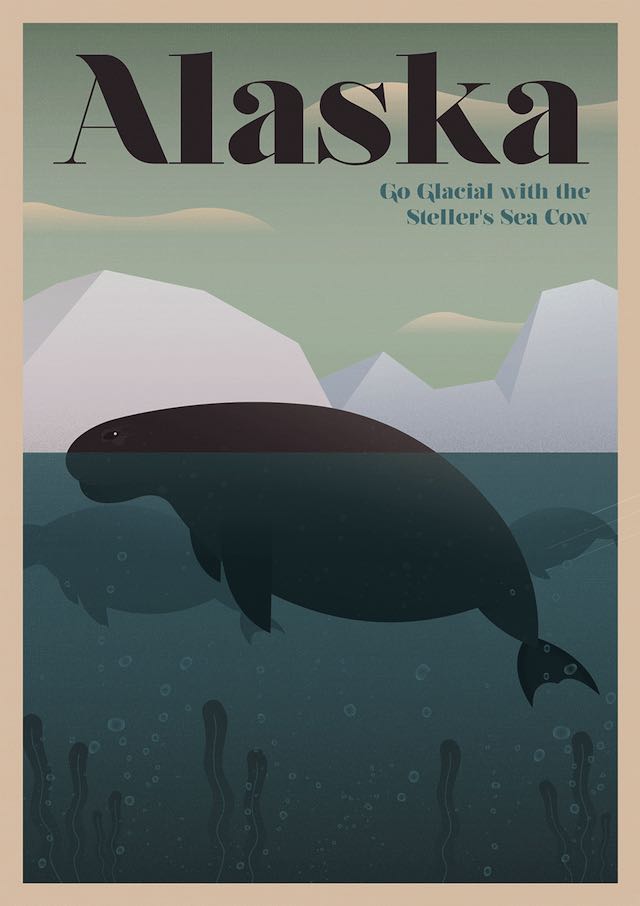This New Zealand professor is making every science fiction fan’s dreams come true.
University of Otago zoologist, Professor Phil Seddon is working with the United Nations and the International Union for the Conservation of Nature to explore a mission that has only been hypothesized in Jurassic Park: reviving animal species that have gone extinct.
RELATED: Manatee Population Has Rebounded 500 Percent, No Longer Endangered
With cloning and gene-editing technology becoming more advanced every day, Seddon believes that once we start investigating the possibility of “de-extinction”, New Zealand is the country to start the process due to its diverse habitats and ecosystems. Seddon also supports his nation as being at the forefront of “challenging and risky conservation measures.”
Though the collaborative group has their eyes set on the possibility of eventually bringing back extinct species, the technology would most likely start small by helping wildlife that is already suffering.
“I suspect in New Zealand the first use of the technology will be in the genetic rescue of critically threatened species,” Seddon told the Good News Network.
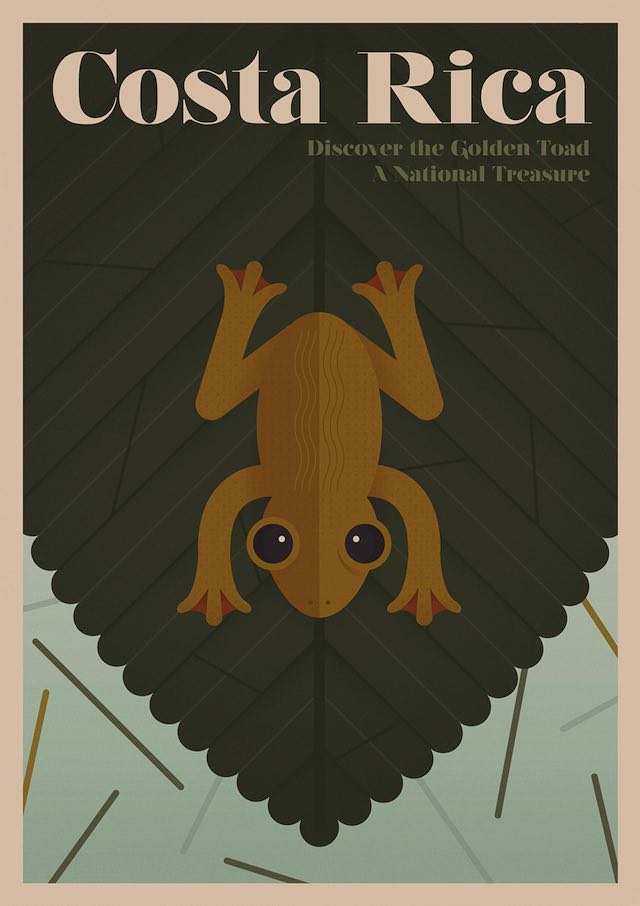
Seddon’s team and the IUCN has constructed a set of guidelines and restrictions that would guide the de-extinction process without disrupting local ecosystems.
If successful, revived species could restore biodiversity and provide valuable ecological benefits.
As a way of remembering the lost wildlife, American travel company Expedia created a series of vintage-style travel posters called Unknown Tourism.
“We are all used to looking at guidebooks to learn more about a country before we visit – but how often do we stop and think about the things we can’t see there anymore?” says the project’s website. “[That’s why] we’ve created Unknown Tourism … to commemorate some of the wonderful creatures we’ve lost, and are in danger of forgetting.”
Click To Share The News With Your Friends (Photos by Unknown Tourism)





